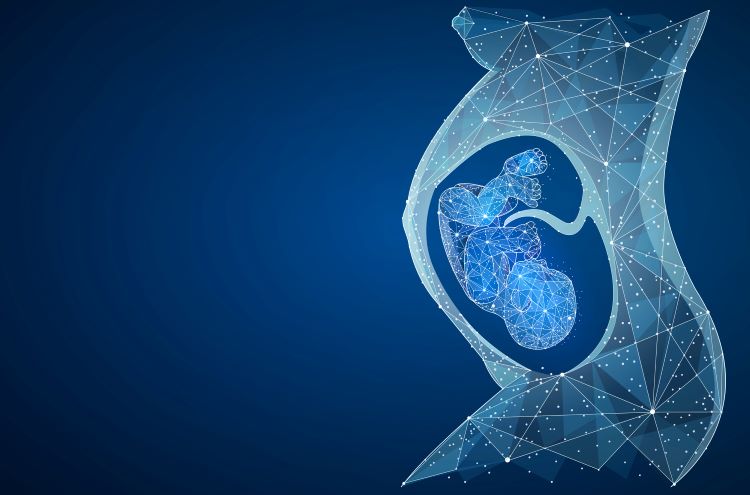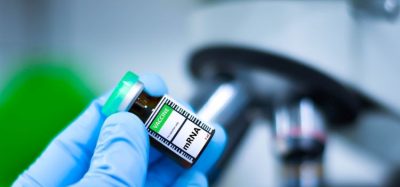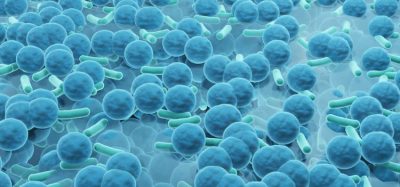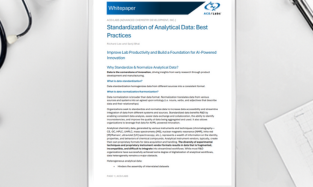FMF World Congress 2023: Janssen shares new data in HDFN
Posted: 27 June 2023 | Catherine Eckford (European Pharmaceutical Review) | No comments yet
If approved, nipocalimab would be the first anti-FcRn therapy for EU pregnancies at high risk of haemolytic disease of the foetus and newborn.


Janssen’s investigational monoclonal antibody (mAb) therapy nipocalimab enabled 54 percent of participants in the proof-of-concept Phase II UNITY study to achieve a live birth at or after gestational age of 32 weeks without intrauterine transfusions (IUTs). These participants were at high risk of early-onset severe (EOS) haemolytic disease of the foetus and newborn (HDFN).
This result is compared to a historical reference point of 10 percent. In pregnancies requiring an IUT, all live-born infants required a simple transfusion. There were 12 of the 13 pregnancies (92 percent) that resulted in a live birth. This data was presented at the 2023 Fetal Medicine Foundation (FMF) World Congress in Spain.
HDFN is a rare, serious condition where the blood types of a pregnant individual and the foetus are incompatible. This can potentially cause life-threatening anaemia in the foetus or infant.
If approved, nipocalimab would be the first anti-neonatal Fc receptor treatment and the first approved non-surgical intervention for pregnancies at high risk of HDFN in the EU”
Janssen told EPR: “There are currently no approved non-surgical interventions for pregnancies at high-risk of HDFN in the EU, and pregnancies affected by severe HDFN may necessitate repeated intrauterine transfusions (IUTs). IUTs are a complex and invasive medical intervention which may be associated with an increased rate of foetal mortality and premature birth.
If approved, nipocalimab would be the first anti-neonatal Fc receptor (FcRn) treatment and the first approved non-surgical intervention for pregnancies at high risk of HDFN in the EU.
Dr Ludovic de Beaucoudrey, Therapeutic Area Lead for Immunology Janssen EMEA shared more about nipocalimab with EPR
What is the mechanism of action for nipocalimab?
Nipocalimab has a “unique mechanism of action, by binding to the IgG binding site of FcRn with high affinity. This design blocks the IgG recycling pathway and also “prevents placental transfer of maternal alloantibodies to the foetus.”
Nipocalimab is the first, and currently the only, anti-FcRn being studied across three key segments in the autoantibody space”
“The investigational, high affinity, fully human, aglycosylated, effectorless, monoclonal antibody (mAb) [biologic] is believed to selectively block the neonatal Fc receptor (FcRn) to reduce levels of circulating immunoglobulin G (IgG) antibodies.”
“Nipocalimab is the first, and currently the only, anti-FcRn being studied across three key segments in the autoantibody space, each with a high unmet need. This includes maternal-foetal diseases, rare autoantibody diseases and prevalent rheumatological diseases.”
Therefore the treatment has the “potential to reduce overall autoantibody levels and thus disease burden, while maintaining immune function.”
In therapeutic drug development, what is the main challenge of monoclonal antibody treatments such as nipocalimab?
“On a steep learning curve, manufacturers of mAb therapies have dealt with issues such as immunogenicity, adverse events linked to blockade of the specific target of the mAb, such as infections from tumour necrosis factor inhibitors) and others.”
However, “molecular engineering has enabled the finetuning of mAb function to enhance their effects and to minimise immunogenicity. Nipocalimab has been adapted through genetic approaches to optimise its clinical effect and minimise eventual side-effects.”
Janssen also highlighted that in the UNITY study, nipocalimab was “generally well tolerated across all the dose groups in the clinical trial. There were no maternal or infant deaths and there were no reports of foetal hydrops.”
Related topics
Big Pharma, Biopharmaceuticals, Clinical Development, Clinical Trials, Data Analysis, Drug Development, Research & Development (R&D), Therapeutics
Related organisations
Related drugs
Related diseases & conditions
haemolytic disease, haemolytic disease of the foetus and newborn (HDFN)









